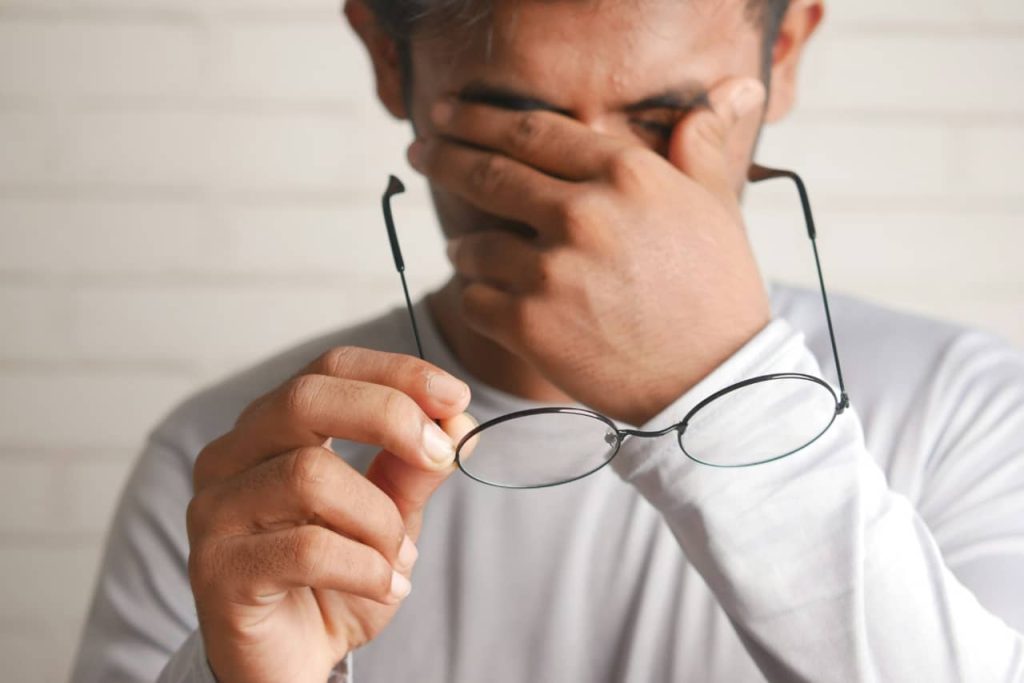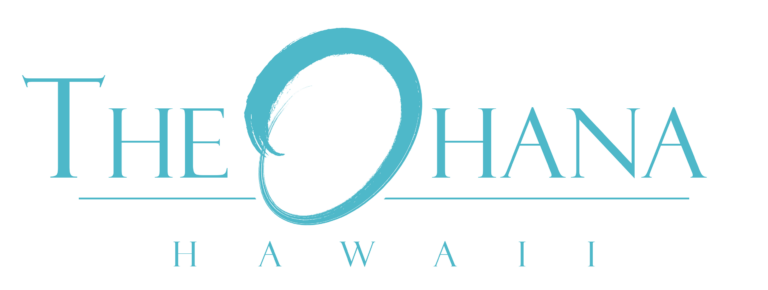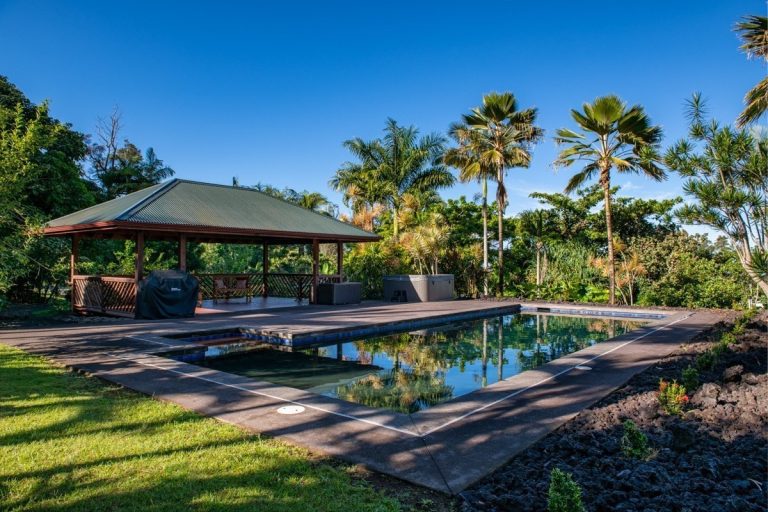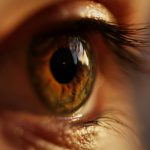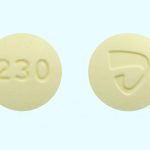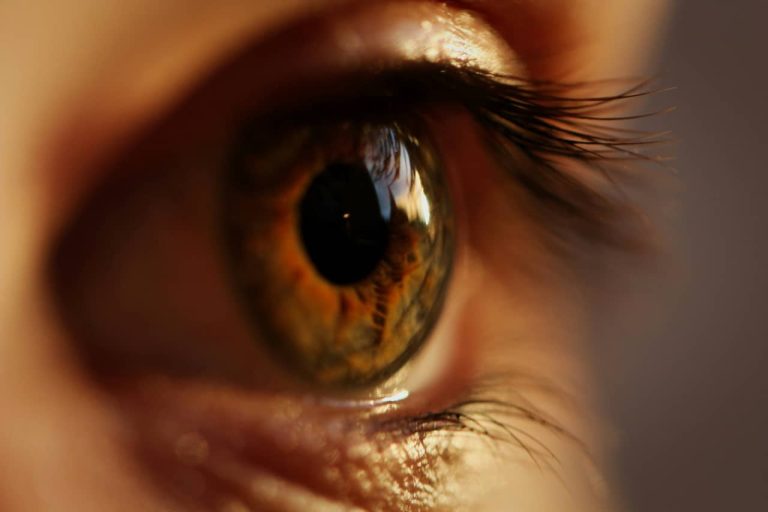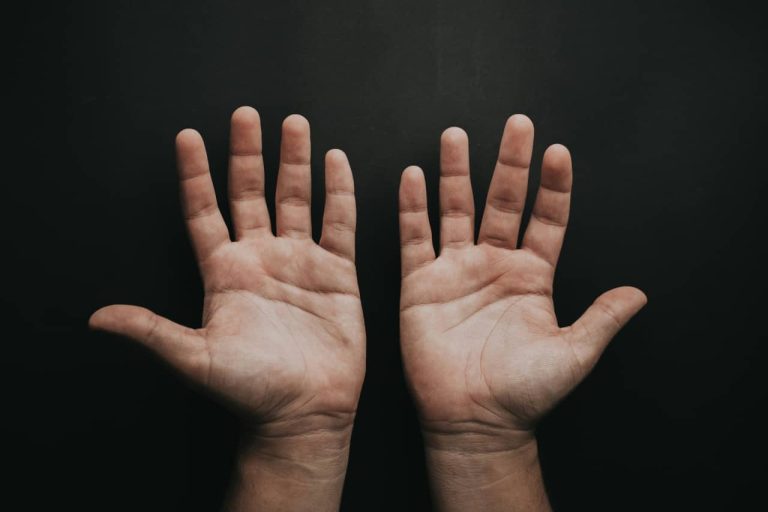Alcohol and Eye Twitching Explained
Eye twitching can be an annoying and sometimes alarming symptom, and for many people, alcohol seems to play a role. Whether it’s a subtle flicker in the eyelid after a night of drinking or persistent twitching during alcohol withdrawal, understanding the connection can help you find relief and prevent further complications. In this article, we explore eye twitching and alcohol, why it happens, and strategies for recovery. Many people also do a quick drunk eye check in the mirror after drinking—looking for twitching, redness, or that strained, tired feeling in the eyes. While it can seem like a minor concern, these changes are often useful signals that your nervous system is under stress. Instead of focusing on how to spot an alcoholic face in the mirror, it can be more helpful to notice patterns like eye twitching, fatigue, and stress and see them as your body’s way of asking for support and change.
Why Does My Eye Twitch When I Drink Alcohol?
Eye twitching alcohol can occur due to several physiological effects of drinking. Alcohol is a central nervous system depressant, which affects nerve function and can lead to involuntary muscle contractions. This is especially noticeable in the eyelid, which contains small muscles prone to twitching when the individual is stressed or fatigued. Many people also report red eyes after drinking alcohol, a related effect of vasodilation and surface irritation that can make twitches feel more noticeable.
Additionally, alcohol can contribute to dehydration, electrolyte imbalances, and fatigue—factors known to trigger eyelid twitching. Even moderate alcohol consumption can temporarily alter nerve signaling, making your eyes more likely to twitch.
Does Alcohol Withdrawal Make Twitching Worse?
For individuals who consume alcohol regularly, stopping suddenly may trigger alcohol withdrawal eye twitching. When alcohol is removed, the nervous system becomes hyperactive, which can lead to involuntary muscle movements, including persistent eyelid spasms. Withdrawal-related eye twitching can be more pronounced than twitching that occurs during drinking, particularly if alcohol was consumed heavily or frequently.
Alcohol Withdrawal Eye Twitching: What Happens Post-Drinking
Why Withdrawal Can Trigger Persistent Twitching
During eye twitching alcohol withdrawal, the body is readjusting to the absence of alcohol. Nervous system hyperactivity, stress, and disrupted sleep all contribute to muscle irritability, including in the small muscles of the eyelids.
Other common withdrawal-related symptoms that can worsen eye twitching include anxiety, tremors, fatigue, and shaking after drinking alcohol. People often notice twitching more at night or after extended periods of tiredness, highlighting the interplay between nervous system recovery and rest.
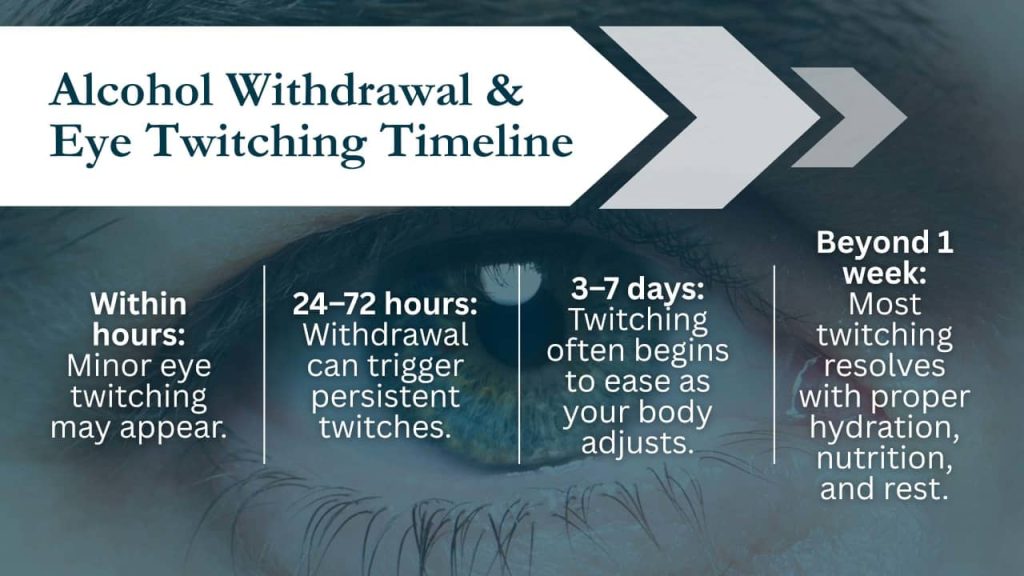
Reducing Eyelid Twitching from Alcohol or Withdrawal
Hydration and Nutrient-Rich Foods
Proper hydration is key to reducing eye twitching from alcohol. Alcohol dehydrates the body, which can affect muscle function. Drinking plenty of water and replenishing electrolytes can help ease twitching.
Nutrient-rich foods, particularly those containing magnesium, potassium, and calcium, support nerve and muscle function. Leafy greens, nuts, bananas, and yogurt are excellent choices to help counteract deficiencies that may contribute to eyelid twitching.
Techniques for Reducing Stress and Relaxing
Stress is a major contributor to eyelid twitching. Alcohol may temporarily feel like a stress reliever, but in reality, it increases stress on the body. Alcohol disrupts the balance of neurotransmitters, affects sleep, and activates the body’s stress response, which can heighten muscle tension and make twitches more likely. High-stress periods can amplify the effects of alcohol, creating a cycle where eye twitching from alcohol persists or worsens.
Effective stress management is crucial. Techniques such as deep breathing, meditation, yoga, and mindful movement can help calm the nervous system, relax muscle tension, and reduce the frequency of eyelid twitches. Pairing stress reduction with hydration, proper nutrition, and consistent sleep provides the best chance for symptom relief.
Improving Sleep Hygiene for Better Recovery
Poor sleep amplifies eye twitching. Alcohol disrupts sleep patterns and reduces restorative REM sleep, which is essential for nervous system recovery. Prioritizing good sleep hygiene—consistent bedtimes, a dark and quiet environment, and avoiding screens before bed—can significantly reduce twitching and support overall recovery.
When to Seek Professional Help
While most cases of eye twitching after drinking are mild and temporary, persistent twitching may indicate underlying issues. If eyelid spasms last longer than a few weeks, occur alongside vision changes, or are accompanied by other neurological symptoms, consulting a healthcare professional is important.
Rehabilitation programs like The Ohana provide structured support for managing both alcohol use and related symptoms. Our multidisciplinary team can help address eye twitching and alcohol withdrawal as part of a comprehensive recovery plan.
Long-Term Outlook and What to Expect
Typical Timeline—How Long Does Eye Twitching Last?
For occasional drinkers, eye twitching and alcohol may resolve within hours to a few days as hydration and sleep improve. For those experiencing eye twitching alcohol withdrawal, twitching may last longer—typically a few days to a couple of weeks—as the nervous system recalibrates.
Consistency in hydration, sleep, stress management, and nutrition can accelerate recovery and reduce recurrence.
Signs of Improvement and When Symptoms Ease
- Decreased frequency of eyelid spasms: As your body recovers from alcohol’s effects, you may notice that eyelid twitching occurs less often throughout the day. This is a sign that your nervous system is beginning to stabilize.
- Shorter duration of twitches: In addition to occurring less frequently, each episode of eye twitching may last a shorter amount of time. Persistent twitches that once lasted minutes may now only last a few seconds, showing improvement in muscle control.
- Improved sleep and reduced stress levels: Better sleep quality and more consistent rest contribute to nervous system recovery, which in turn reduces eye twitching from alcohol. When stress is lower, the body’s muscles—including eyelids—are less prone to involuntary spasms.
- Enhanced overall energy and mental clarity: As hydration, nutrition, and nervous system function improve, you may notice increased focus, energy, and cognitive clarity. These positive changes are often accompanied by a reduction in eye twitching and other withdrawal-related symptoms.
Maintaining healthy lifestyle habits and seeking professional support when needed ensures that eye twitching does not become a recurring problem.
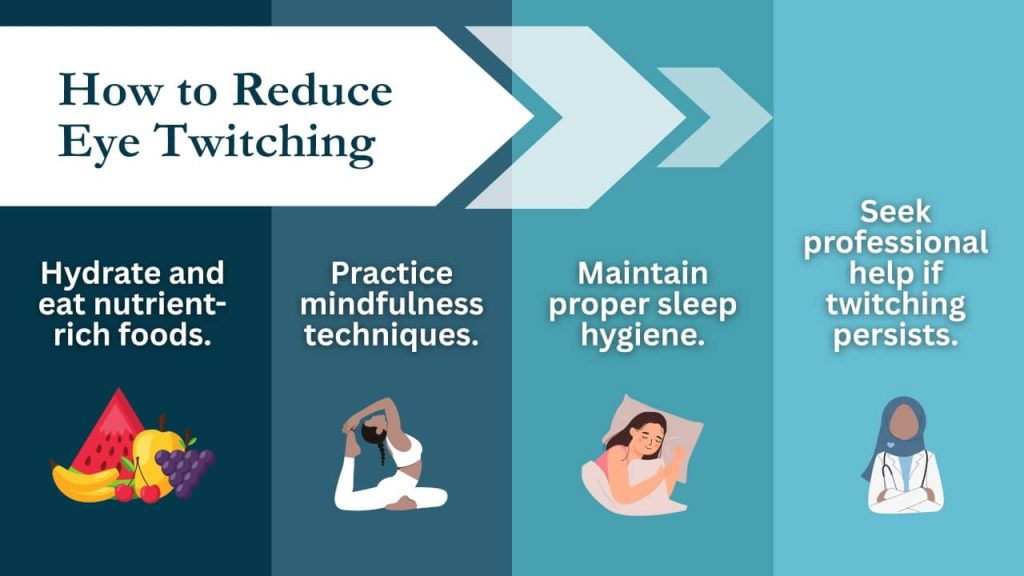
How The Ohana Supports Recovery From Alcohol-Related Symptoms
At The Ohana, we provide comprehensive care for those recovering from alcohol misuse and related symptoms, including eye twitching and alcohol withdrawal. Our holistic approach incorporates a variety of therapy modalities:
- Cognitive Behavioral Therapy (CBT): CBT helps clients identify negative or unhelpful thinking patterns and teaches strategies to change them. By learning to manage stress and reframe thoughts, clients often experience a reduction in stress-related symptoms such as eye twitching.
- Dialectical Behavioral Therapy (DBT): DBT provides clients with skills to regulate emotions, tolerate distress, and improve relationships. By stabilizing emotional responses, the nervous system becomes less reactive, which can decrease involuntary eyelid twitches.
- Psychodynamic Therapy: This modality explores the underlying psychological factors that contribute to alcohol use and other behaviors. Understanding these root causes allow clients to address emotional triggers and reduce stress, supporting long-term recovery and relief from physical symptoms like eye twitching.
- Group Therapy: Group sessions led by trained psychotherapists allow clients to connect with others who share similar experiences. Peer support helps normalize recovery challenges and provides tools for stress management, which can alleviate twitching caused by anxiety or tension.
- Ecopsychology: By connecting clients to nature, ecopsychology reduces stress and promotes nervous system balance. Immersive outdoor experiences can calm the mind and body, helping ease eye twitching and supporting overall wellness.
- Yoga: Yoga combines mindful movement, breathwork, and meditation to reduce stress and tension in the body. Regular practice can relax muscles, including those around the eyes, and help prevent eye twitching from alcohol.
- Meditation and Mindfulness: These practices slow down racing thoughts, reduce stress, and encourage presence in the moment. Clients often notice less eye twitching and more physical relaxation when mindfulness is incorporated into daily routines.
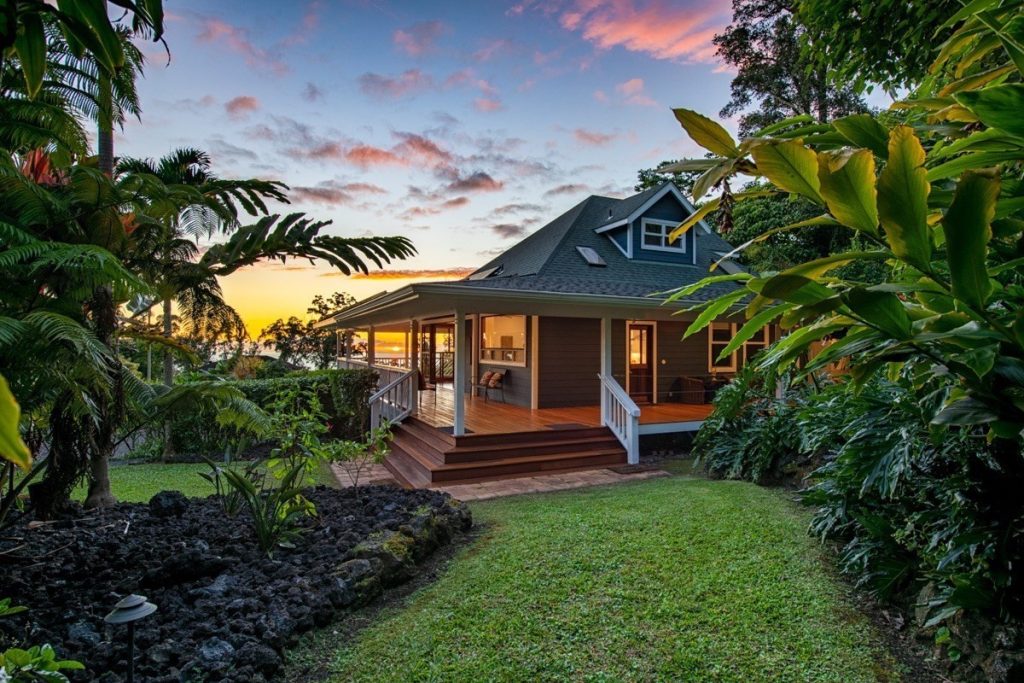
Welcome to Paradise: How The Ohana’s Location Supports Healing
At The Ohana, we understand that the environment you’re in plays a crucial role in your recovery journey. That’s why our resort-style alcohol rehab campus is located on the stunning Big Island of Hawaii, in the heart of Kailua-Kona. This seaside town on the west side of the island is renowned for its perfect weather, lush forests, and breathtaking Pacific Ocean views. With phenomenal snorkeling, scuba diving excursions, and endless outdoor exploration opportunities, Kona provides a natural sanctuary for your mind, body, and spirit.
Our campus sits on the slopes of Hualalai, offering expansive views of the Kona Coast and Pacific Ocean. With three living structures and over 6,000 square feet of indoor space, The Ohana combines luxury, comfort, and a connection to nature, giving clients a serene space to focus on their recovery. From the moment you arrive, the sights, sounds, and smells of this tropical paradise are designed to reduce stress and encourage healing.
A Setting Designed for Healing
The process of overcoming alcohol misuse and withdrawal can be challenging, both physically and emotionally. Being in an environment that fosters calm and tranquility allows clients to dedicate their energy to internal work without distraction. At The Ohana, we maintain our grounds to the highest standards, providing a beautiful, safe, and supportive space that promotes peace of mind and reduces environmental stressors.
Our facility includes:
- Over 3,000 square feet of indoor living space across three acres of lush land
- Comfortable rooms filled with natural light and views of the forest and ocean
- Outdoor spaces for yoga, meals, relaxation, and meditation
- Rain-fed pool, Jacuzzi, and outdoor rain shower for rejuvenation
- Trails and garden beds for walking, planting, and connecting with nature
- Outdoor yoga studio and fire pit seating areas for reflection and community
- WiFi and hotspots throughout, allowing for connectivity in a calm setting
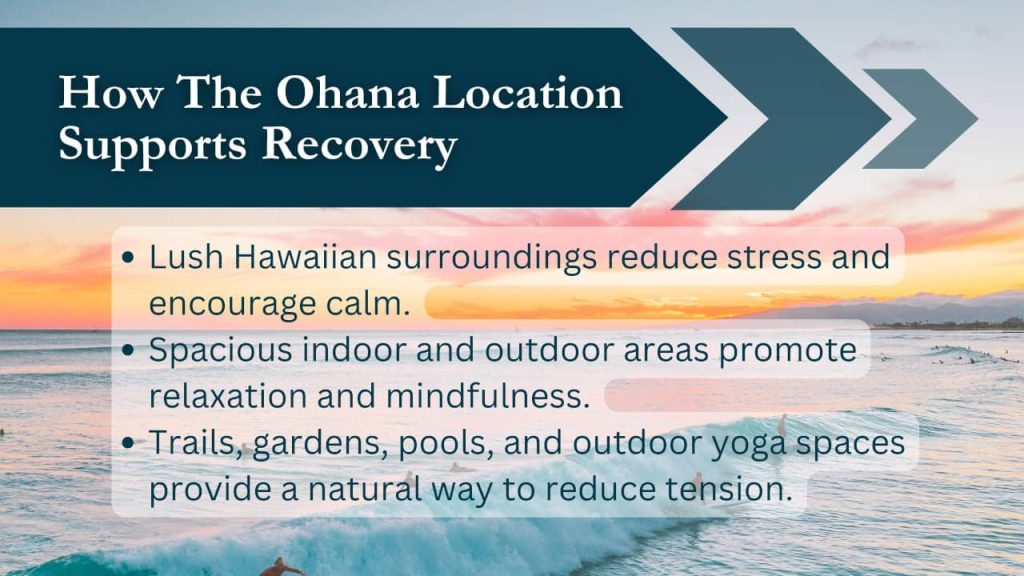
Nature, Tranquility, and Long-Term Recovery
Research shows that connecting with nature can reduce stress, lower blood pressure, and improve overall well-being—all crucial factors for recovery. At The Ohana, we incorporate this understanding into every aspect of our campus. Lush greenery, tropical flowers, fruit trees, and the sounds of birds create a therapeutic environment that supports both physical and emotional healing.
We stay true to Hawaiian culture and environmental preservation. Our facility is powered by 45 photovoltaic electric panels, ensuring sustainable energy use while providing a bright, sunlit environment that energizes and uplifts our clients.
By combining a world-class, therapeutic program with a stunning, tranquil setting, The Ohana offers clients the unique opportunity to engage fully in their recovery. Here, healing isn’t just about therapy—it’s about surrounding yourself with an environment that nurtures the mind, body, and spirit.
If you’re experiencing eye twitching related to alcohol or withdrawal, The Ohana is here to help. Call us today to learn how our team can support your recovery and help restore your health.

